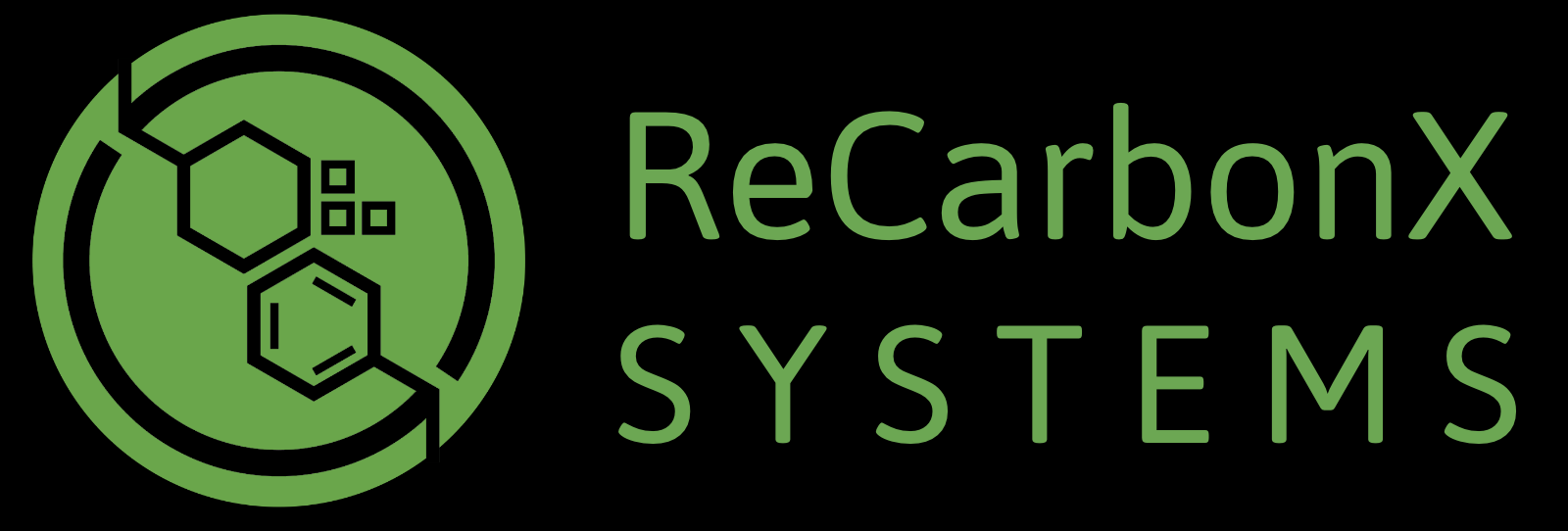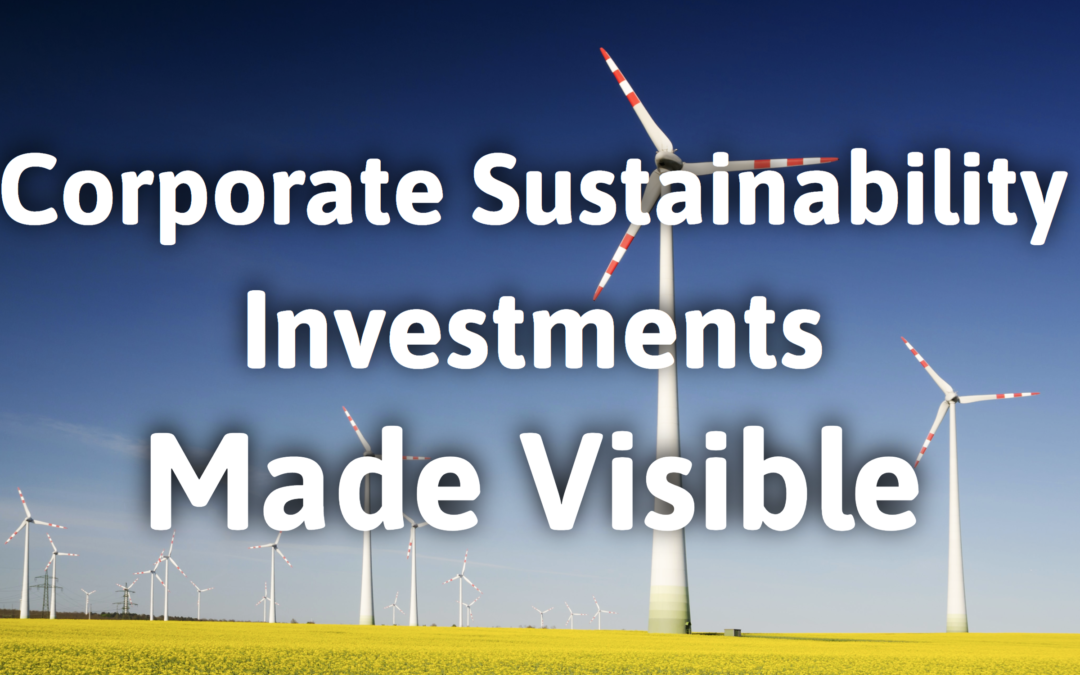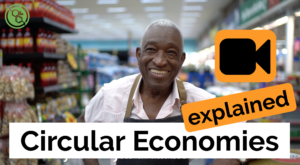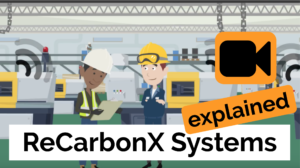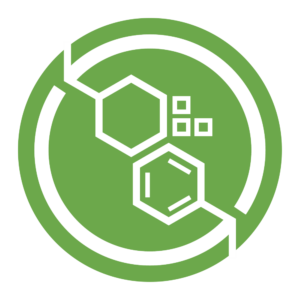“One of the important things with consumer goods companies is that 90 per cent of their emissions lie outside their own processes.”
—Carole Ferguson, head of investor research at CDP (quoted in Financial Times, June 2020)
Companies are setting sustainability goals in the areas in which they have the greatest control: their own company production process. These are the so-called Scope 1 emissions, which can be around only 10% of the total emissions associated with any particular product.
As consumers, most of us couldn’t care less about granular improvements in ‘whatever separate steps of whatever manufacturing process’, yet we’re seeing it over and overagain in surveys and studies: consumers really do care how sustainable or not a particular product is overall.
Realistically, reducing the eco-footprint of the products we consume is going to require significant emissions reduction along the entire value chain – including energy and raw materials suppliers as well as all logistics providers (which form the so-called Scope 2 and Scope 3 emissions).
Therefore, companies who make the commitment to improve their products’ footprints will need to actively pursue the line that all companies involved in their Scope 2 and Scope 3 emissions should adopt climate targets that lead to cuts.
And herein lies the challenge:
How can a company expect to measure their supplier’s emissions?
What systems can be put in place to enable companies to work and cooperate with each other towards more sustainable production?
And how can this be done without a dramatic increase in bureaucracy, associated costs, and additional emissions? (For example, through the need for corporate auditors to travel for suppliers’ processes controls.)
ReCarbonX blockchain based system was created to solve this challenge.
Our pilot studies have shown that installing ReCarbonX’s ‘digital twin’ of a production process has many benefits – and not only for eco-footprint tracking.
Quality checks and auditing are a big deal for production plants. For instance, if anything goes wrong at a food processing plant, a producer can lose their license to operate for half a year or more, resulting in huge losses as well as reputation damage.
With ReCarbonX’s blockchain based system, all documents and all types of quality checks – such as temperature, humidity, condition of produce on dispatch and arrival, and so forth – all of it is safely stored and can be easily accessed by authorized personnel at any moment.
Any disputes within the company or with upstream and downstream partners over quality control are quickly and easily solved, since all data is recorded in realtime and stored on the blockchain with no possibility of tampering.
When it comes to value chain partner checks, controlling and auditing, all necessary documentation is available with one click from a desktop; visits to farms and plants for auditing are no longer necessary. This reduces both employee health risks and the spend of corporate resources.
It hardly needs to be emphasised that having the data in hand allows corporations real visibility of the company’s impact – and the impact of their investments – in the race towards a sustainable future.
*
Please contact one of the team if you’d like to get your company’s emissions data out of the ether and into your hands!
Co-written with Oksana Pilatova.
Background of featured image in this post by Zbynek Burival via Unsplash.
